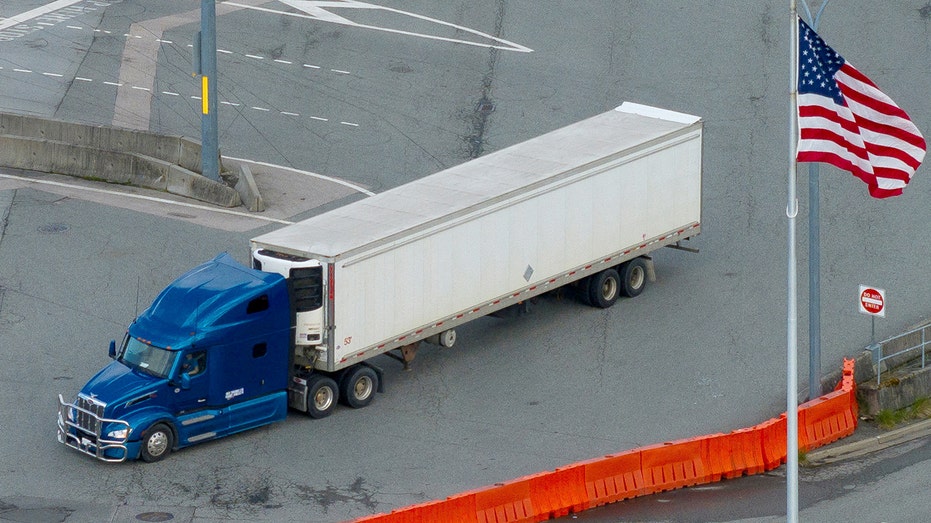Autonomous Trucks Nearing Commercial Launch: What the Future Holds for Driverless Freight by 2027

The race toward fully autonomous trucks is accelerating, with PlusAI making significant strides in its development. Recent performance reports for the first half of 2025 reveal the company’s progress toward launching factory-built driverless trucks by 2027. These advancements suggest that self-driving freight vehicles could soon become a common sight on highways nationwide.
Impressive Progress in Safety and Performance Metrics
PlusAI’s latest data indicates that safety readiness has reached 86%, with a targeted 100% before commercial deployment. Autonomous miles driven now account for 98%, demonstrating extensive real-world testing. Additionally, remote assistance-free trips have climbed to 76%, with plans to surpass 90%. These figures highlight the company’s commitment to refining autonomous systems, ensuring they meet rigorous safety standards for widespread use.
Transforming the Logistics Industry and Everyday Life
The impact of autonomous trucking extends beyond the industry itself. Every product you purchase—be it groceries, clothing, or furniture—relies on freight transportation, which influences costs, availability, and safety. The industry faces challenges such as driver shortages, rising operational costs, and safety concerns related to human error. Driverless trucks offer a promising solution by increasing efficiency, reducing expenses, and improving roadway safety.
PlusAI’s trucks are already operational on Texas highways and are undergoing testing in Sweden. With over five million autonomous miles logged across multiple continents, the company’s experience is paving the way for broader adoption.
Strategic Partnerships and Manufacturing Approach
Unlike retrofitting existing trucks, PlusAI collaborates with major manufacturers like TRATON GROUP, Hyundai, and IVECO to integrate autonomous technology directly during production. This factory-based approach enables faster scaling and ensures uniform quality. The initial rollout is planned for the Texas Triangle, a vital freight corridor connecting Dallas, Houston, San Antonio, and Austin, with future expansion into other U.S. regions and Europe.
Transparency and Future Roadmap
PlusAI emphasizes transparency by sharing ongoing performance updates as it prepares to go public. CEO David Liu states, “We have a clear roadmap to the commercial launch of SuperDrive. By publicly sharing these metrics, we demonstrate our dedication to safety and scalability while involving regulators, partners, and the public in this transition.”
Key milestones include increasing safety readiness to 100% and remote assistance-free trips above 90%. With fleet trials slated for later this year, the company remains optimistic about achieving these goals and bringing driverless trucks to market by 2027.
Implications for the Future of Transportation
As autonomous trucking technology matures, it promises to revolutionize logistics, making deliveries faster and more affordable. For drivers, this development may mean sharing highways with self-driving freight vehicles sooner than expected. For businesses, reducing logistical costs and mitigating driver shortages are compelling benefits.
The transition from testing to daily operations signals that driverless trucks could soon be a common part of our roads, transforming the future of freight transportation within the next few years.




